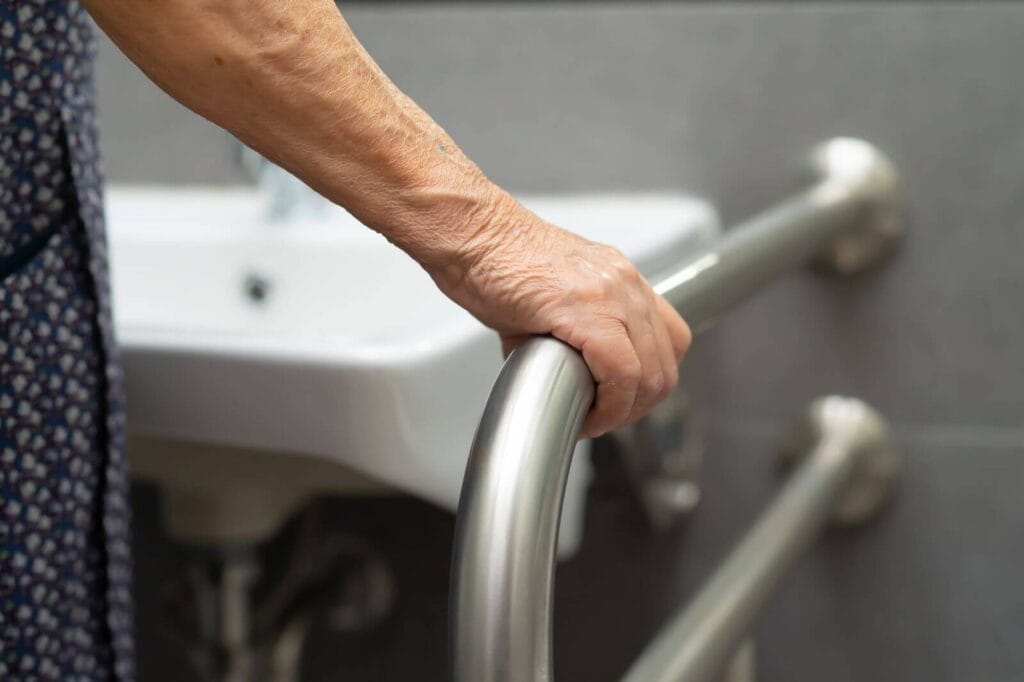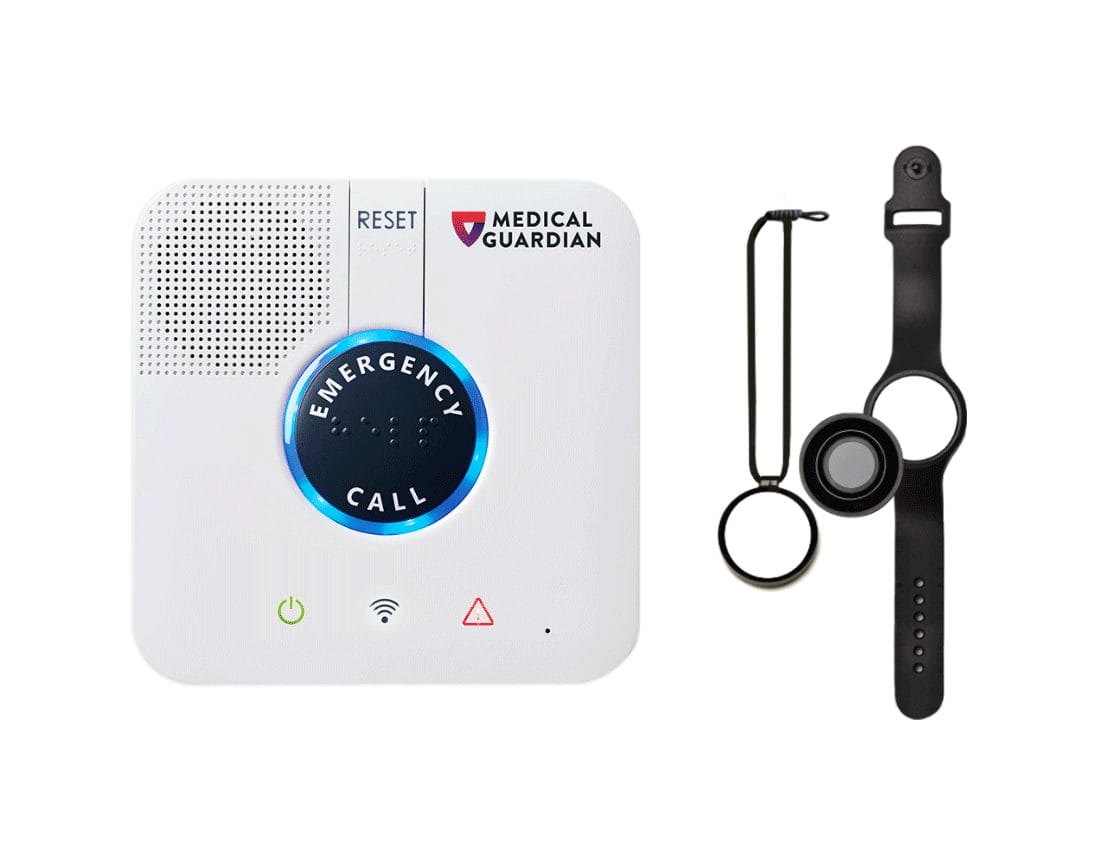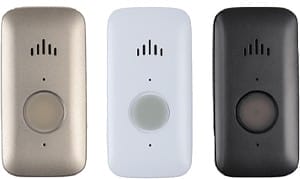
Seniors may need to make modifications to their homes so they can comfortably and safely age in place. However necessary the changes are, home modifications to accommodate older adults with disabilities can be very expensive. Fortunately, modifications that the IRS classifies as medical costs might qualify as tax-deductible expenses and therefore save you money. Here’s what you need to know about these types of tax-deductible expenses to learn if you can save money next tax season.
What is a tax deduction?
A tax deduction is a tax incentive that subtracts an item or expense from a taxpayer’s total adjusted gross income. Taking advantage of tax deductions can lower your overall tax obligation by reducing your taxable income.
Each taxpayer must choose between taking the standard deduction, which is a set dollar amount that reduces their overall adjusted gross income, and itemizing their deductions. An advantage of itemizing is that it allows taxpayers greater savings if their tax-deductible itemizations are higher than the standard deduction.
How can itemizing expenses save seniors money?
Itemized deductions benefit taxpayers who don’t qualify for the standard deduction and can save seniors money depending on their tax bracket by reducing the amount of money they owe on their tax bill. Many medical and dental expenses are tax deductible, as are various insurance premiums and long-term care costs. Seniors with significant out-of-pocket expenses in these areas could save money by itemizing their deductions.
Note that there are limits to how much a taxpayer can itemize. For example, taxpayers can itemize and deduct medical and dental expenses exceeding 7.5% of their annual adjusted gross income. State tax law varies, so it is best to speak to a tax professional in your area to learn more about tax deduction limits.
What are capital expenses?
People often hear the term “capital expenses” as business expenses. This phrase is used when a business incurs expenses to either create or enhance business assets and help reduce the cost of improvements throughout the year. Office equipment could be considered capital expenses for a business. But capital expenses don’t apply just to businesses. Seniors may be able to take advantage of a capital expense tax deduction as well.
The IRS also allows capital expenses to apply to individuals in certain circumstances, including for some home modifications. An individual can deduct reasonable costs as capital expenses when they make improvements to or install equipment in their home that is necessary for medical care. The costs of these modifications are considered medical expenses and may be tax deductible. We’ll explain what is reasonable and which costs may be considered capital expenses next.
Home modifications that can be capital expenses
For seniors who need to make medically necessary home modifications to make living at home more accessible, only reasonable costs to accommodate a disability may be deducted from your taxes. These types of home modifications are considered medical costs.
The IRS has guidance on what medical costs can be deducted as a capital expense. Most medical care costs relate to accessibility and will make moving about the home easier for an older adult. Examples of improvements that qualify include:
- •Widening doorways and hallways.
- •Placing ramps near the entrances and exits of your home.
- •Installing railings and support bars.
- •Installing porch lifts.
- •Lowering electrical outlets and fixtures.
- •Changing the hardware on doors.
- •Modifying stairways.
Capital expense deductions must comply with rules determining how much of the expense is tax deductible. The IRS states that “the cost of permanent improvements that increase the value of your property may be partly included as a medical expense. … If the value of your property isn’t increased by the improvement, the entire cost is included as a medical expense.” You must keep track of these records carefully to adhere to tax laws. Most taxpayers need a professional’s help properly completing their income tax returns to comply with every applicable state and federal law.
How to claim medical expense tax deductions
If you choose to claim medical expense itemizations for the tax year, you will need proof of the expense. Make sure that you keep receipts and other documentation that you paid a medical expense for yourself, your spouse, or a qualified dependent.
You will also need to complete the proper paperwork to ensure that the IRS receives all the information it requires from you as a taxpayer. Taxpayers who want to claim medical expenses should complete IRS Form 1040. IRS Publication 502 explains every type of medical expense that the IRS accepts and describes whose expenses you can claim. It’s always best to consult with a tax professional to be sure that you are filing correctly.
Speak with a trained tax professional
Now that you have the information listed above, you can make better decisions regarding your plan for preparing your taxes for the upcoming season. Knowing what to ask a tax professional will maximize your time and save some money.








